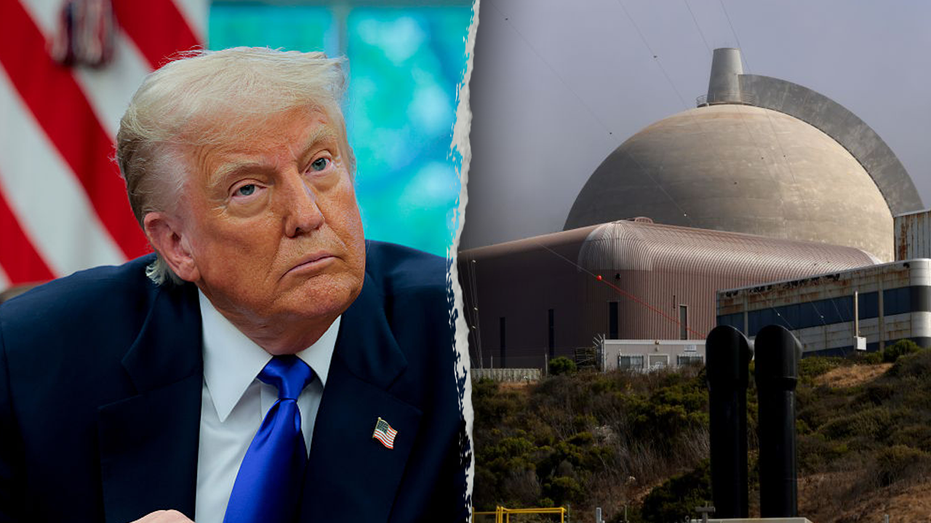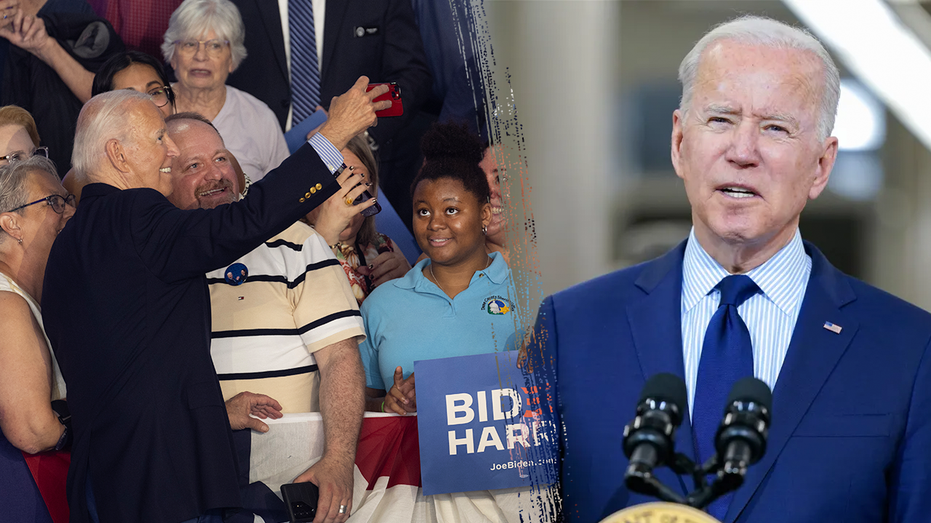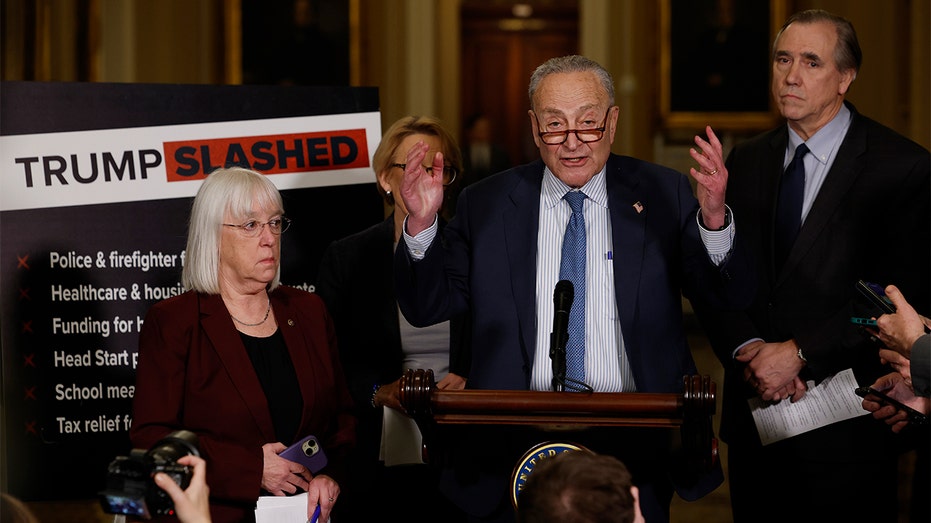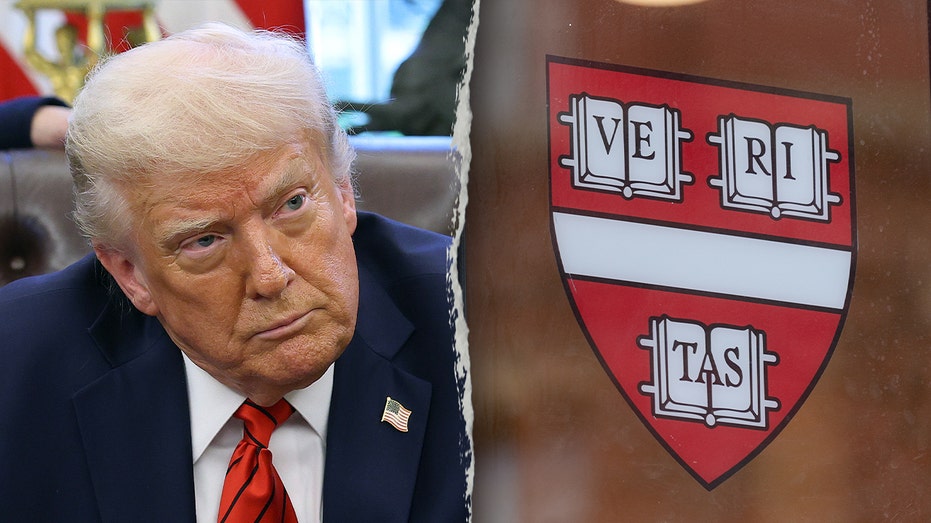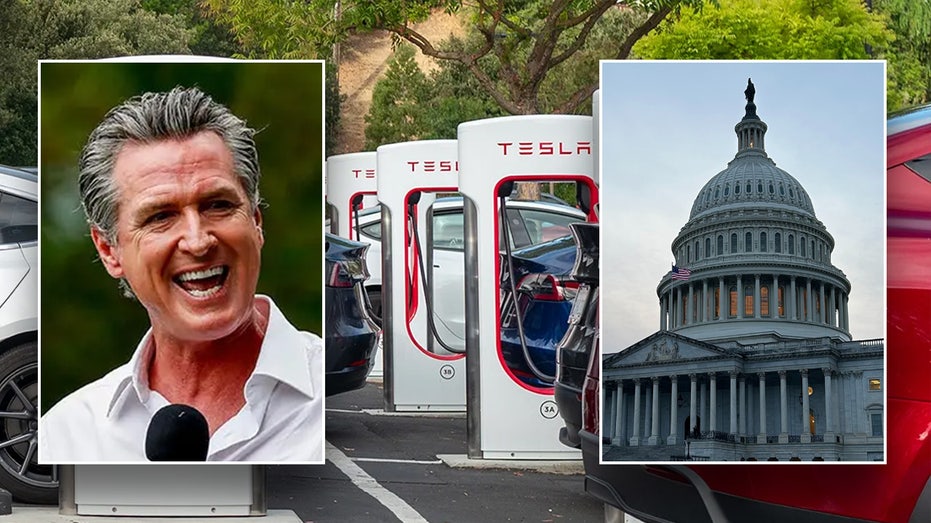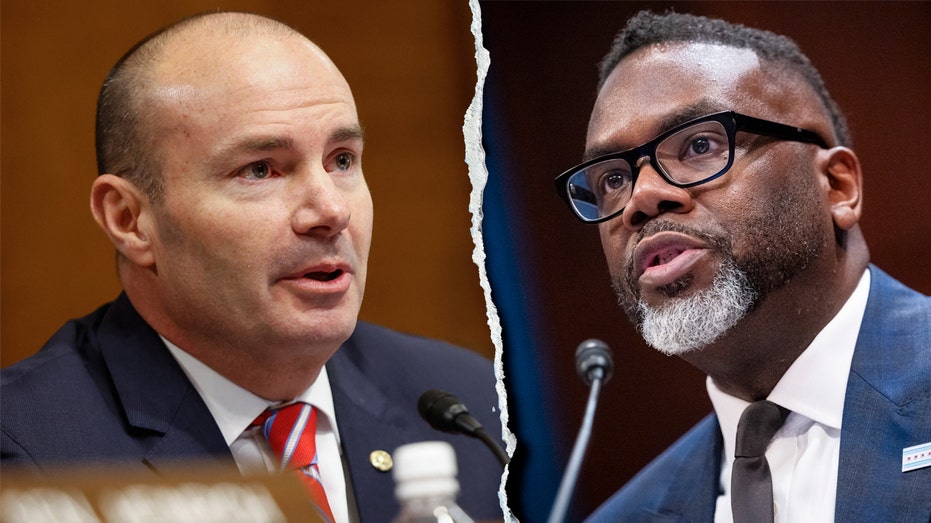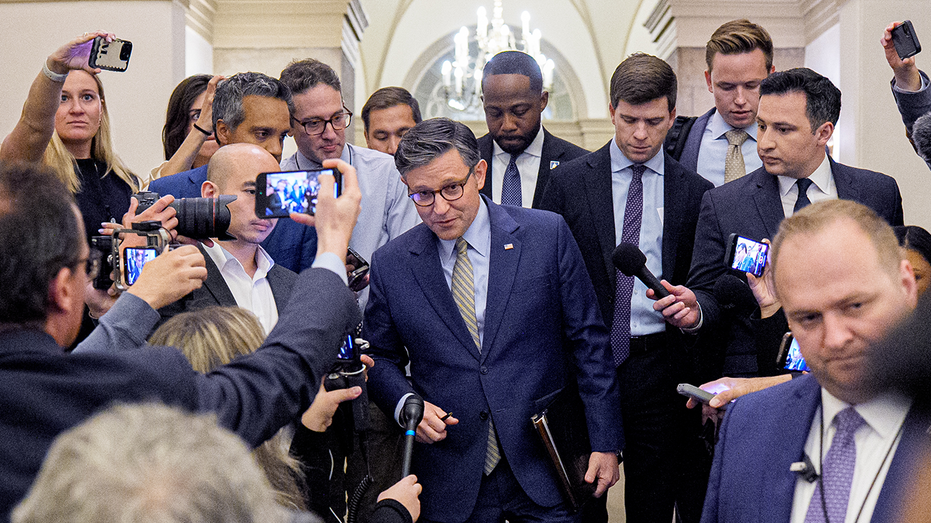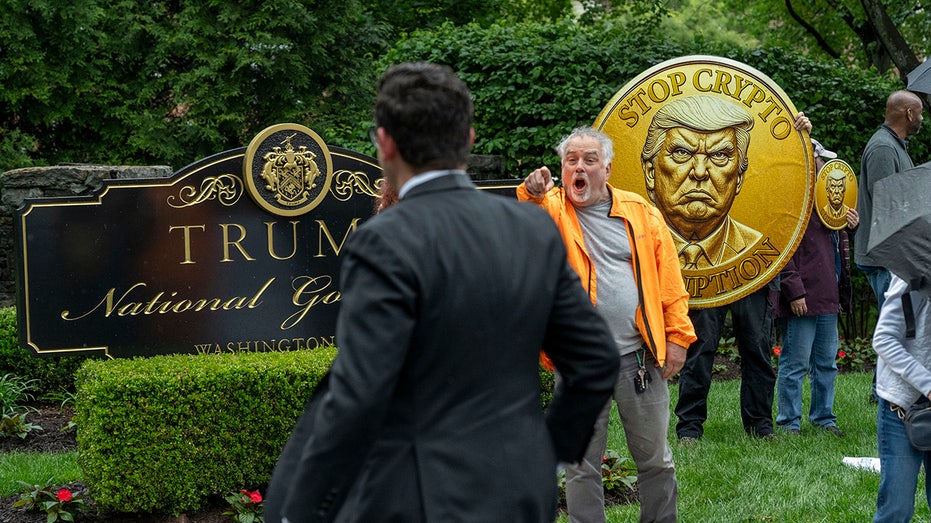Trump signs executive orders bolstering nuclear industry, domestic uranium mining
President Donald Trump signed several executive orders (EOs) on nuclear energy proliferation and an order removing political considerations from public-sector science, as conservatives claimed the latter was scandalized in its response to the COVID-19 pandemic.
Trump also signed restoring "gold standard science" as the cornerstone of federal research.
A senior White House official said on Friday there has been a decline in "disruptive research" and investments in biomedical research, along with "serious cases" of fraud and misconduct and the inability to reproduce scientific methods for the purpose of restoring public trust.
The official also blamed policy responses to the COVID-19 pandemic and "woke DEI initiatives" for endangering the public’s trust in government scientists.
CHINESE SOLAR TECH POSES CHILLING THREAT TO US ELECTRIC GRID, LAWMAKERS WARN
Now-retired NIAID Director Dr. Anthony Fauci was repeatedly denounced for flip-flopping and obfuscating during his time engineering the federal response to COVID-19, leading many particularly on the right to disregard and dismiss the legitimacy of federal health authorities outright.
That order cites the fact the Biden administration included political edits from teachers unions in school-reopening guidance, instead of leading with any scientific evidence.
The order will enforce "gold standard science," defined as reproducible, transparent and falsifiable – as well as being subject to peer review and making sure that scientists are not discouraged from discovering outcomes that run counter to a narrative.
In terms of nuclear energy, one order will reform nuclear R&D at the Energy Department, accelerate reactor testing at national labs and establish a pilot program for new construction.
TRUMP ADMIN HITS BULLSEYE WITH FIRST US MINE FOR KEY MINERAL
Energy Secretary Chris Wright previously told Fox News Digital that revitalizing and highlighting the work of U.S. national labs is paramount to his agenda.
In a move that appears to support Wright’s push for nuclear power, Trump will sign an order aimed at advancing new reactor construction on public lands.
CHRIS WRIGHT CONFIRMED SECRETARY OF ENERGY
A senior White House official cited the importance of that type of reliable power-source for critical defense facilities and AI data centers.
Another order being signed Friday will overhaul the Nuclear Regulatory Commission (NRC) to require it to rule on reactor license applications within 18 months.
Only two new nuclear reactors have begun construction and entered into commercial operation since the Carter administration.
CLICK HERE TO GET THE FOX NEWS APP
A typically risk-averse culture that requires, for example, nuclear facilities to emit as little radiation as possible, including below naturally-occurring levels, which critics said has hindered the NRC from licensing new reactors as technology begets safer and cheaper means of production.
The orders will also seek to raise nuclear energy capacity from 100 gigawatts (GW) to 400 GW within 25 years.
Another order will establish a vision to mine and enrich uranium within the U.S., decreasing another avenue of foreign reliance – and "reinvigorate" the nuclear fuel cycle.
"That means America will start mining and enriching uranium and expanding domestic uranium conversion and enrichment capacity," a senior White House official said.
Trump is expected to leverage the Defense Production Act – which last helped secure COVID-19 paraphernalia like masks and ventilators – to seek agreements with domestic nuclear energy companies for the procurement of enriched uranium, as well as finding ways to manage spent nuke fuel.
Nuclear energy, the White House said in the order, "is necessary to power the next generation technologies that secure our global industrial, digital, and economic dominance, achieve energy independence, and protect our national security."

